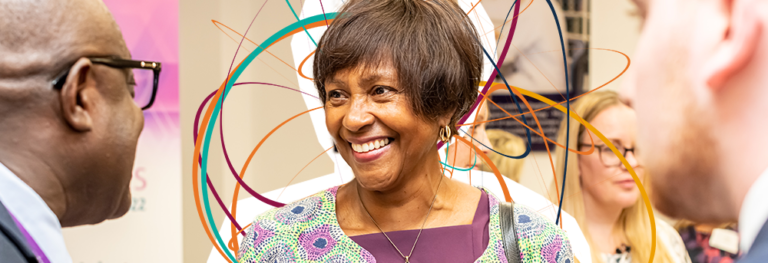Our culture influences our beliefs and world view, which influences our relationships. And nowhere are relationships more important than in the management of chronic diseases, where a network of people interact daily to improve the health of the person living with the disease.
Successful diabetes care relies on a positive and trusting relationship between a patient and their care team. There is, however, no doubt that forming relationships with people different from us can be a challenge, especially when we don’t have a good understanding of their background.
In an increasingly culturally diverse world, where everyone needs to access effective healthcare, how do we ensure that we interact respectfully? or knowledgeably? — with people whose norms may differ from ours?
The answer: by being culturally competent.





